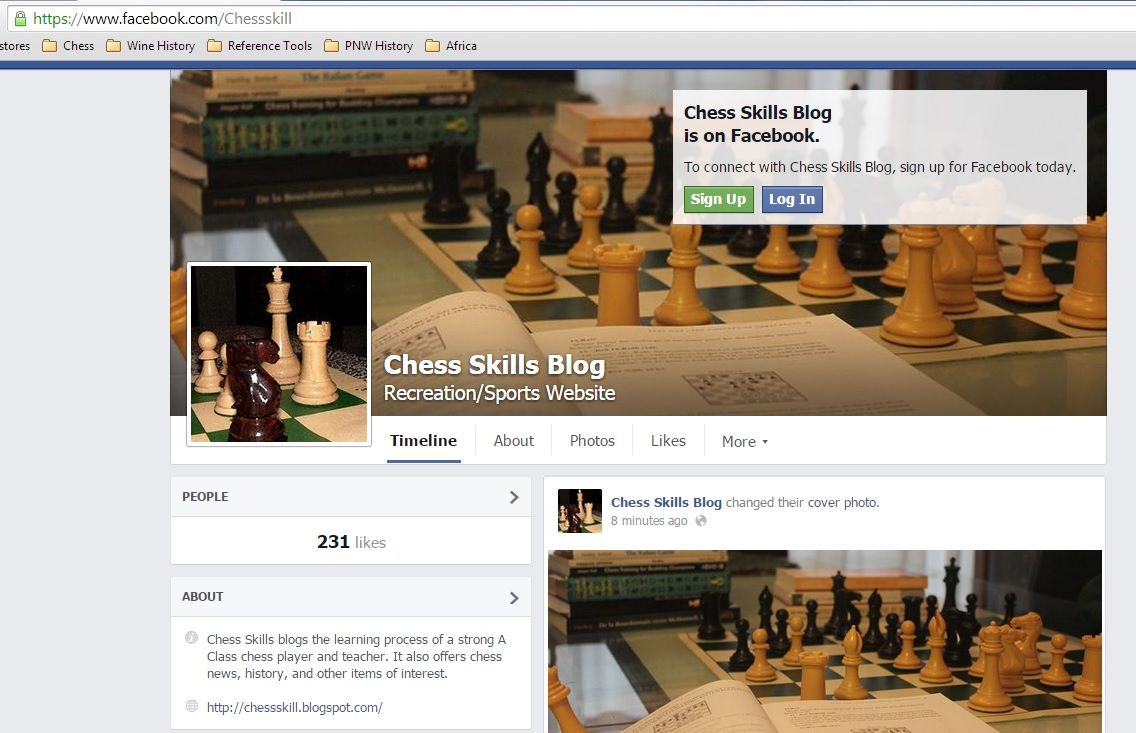Trial and error (games). In between these sessions consult stronger players and books.
What's the best way to learn?

In the foreground, Jeremy Silman, How to Reassess Your Chess, 4th edition. Stacked behind the chess board: Irving Chernev, Logical Chess: Move by Move; Neil McDonald, Chess: The Art of Logical Thinking; and John Nunn, Understanding Chess Move by Move.
Also visible are Cary Utterberg's book on the 1834 match McDonnell -- De la Bourdonnais, Chess Informant 113, Oxford Encyclopedia of Chess Games, Chess Training for Budding Champions, opening books on the Ponziani and Italian.
The stack on the left are not necessarily my recommendations although I've been spending a lot of time with some of them.

My blog has reviews of several of these books. Start at my blog's FB page: https://www.facebook.com/Chessskill

I can,it depends on your level of play,if you're just starting out,you may want to just focus on keeping your pieces safe and learning some elementary tactics and that should win you at least a few games.
If you have time Irving Chernev's "Logical Chess move by move" is a great place to start and will put you ahead of probably most beginners as you will learn a ton from this book. However it's very time consuming,and if you're not fluent in algebraic notation,just going through one game may seem tedious and somewhat like a chore.
Someone told me one time,what you put into Chess is what you'll get out of it,so it's all up to you I suppose.

If you have time Irving Chernev's "Logical Chess move by move" is a great place to start and will put you ahead of probably most beginners as you will learn a ton from this book. However it's very time consuming,and if you're not fluent in algebraic notation,just going through one game may seem tedious and somewhat like a chore.
The best way to become fluent in algebraic is to read a chess book, playing through the moves on a board that does not have the notation printed along the sides.
As with all chores (washing dishes, cleaning toilets, picking up dog doo), it becomes easier the more you do it.

Studying. When you come across vital information be sure to make an exam question out of it for when you're finished the book. This will give you feedback to see if you're actually learning the material. Keep a notebook with variations you calculate if possible (mandatory with something like GM Prep: Calculation where it's a book on positions you need to solve)


Playing lots of online chess or lots of live chess?